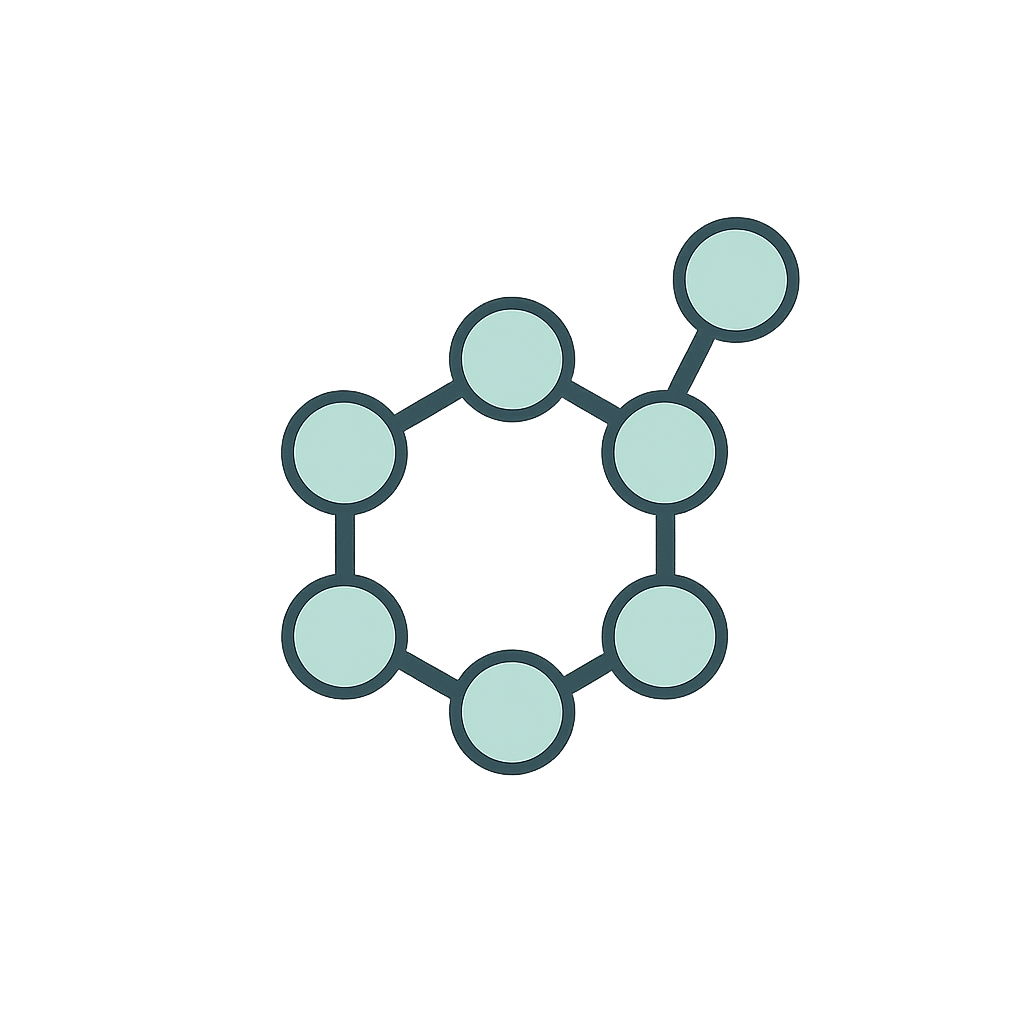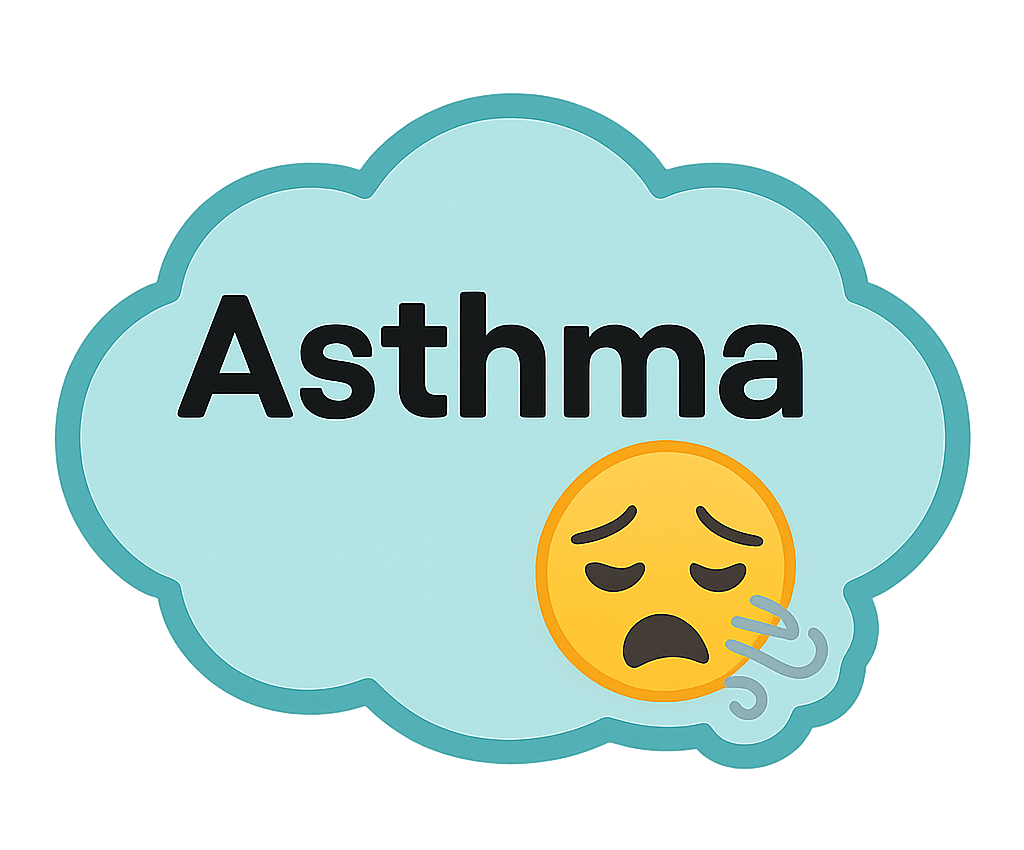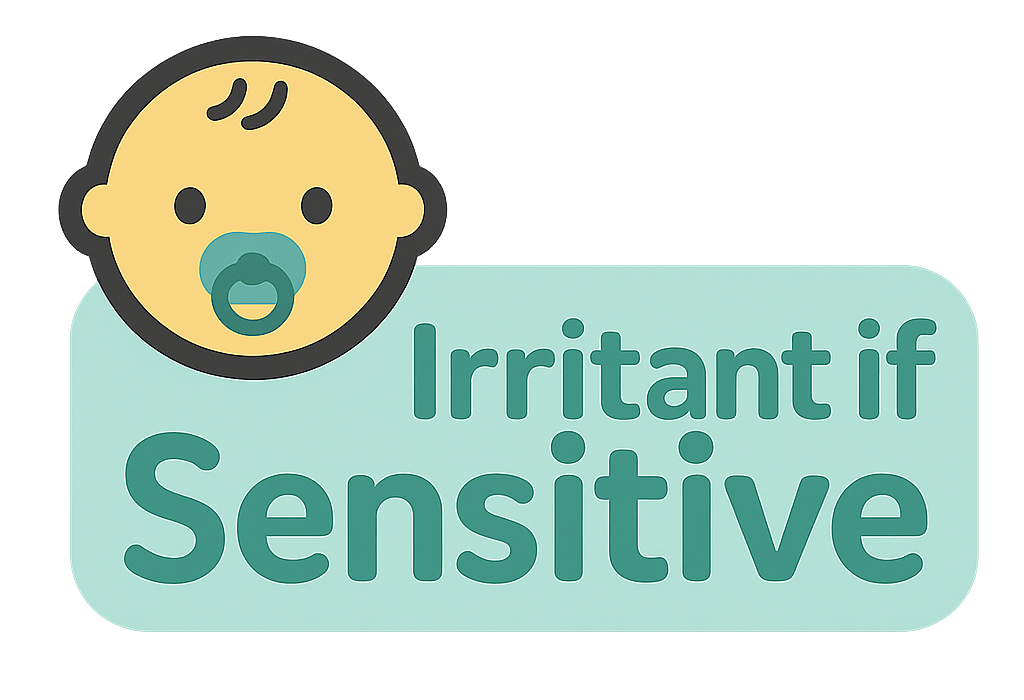Protease

1-2 year old toddlers • Consumable product
Check for Different Age (4 available)
Is this toddler-safe to eat Protease?
ℹ️General Overview
Protease is an enzyme used in bread making and is generally safe for a 1 to 2 year old because baking heat destroys the enzyme. The main risk is rare allergy.
✅What to Do
Feed normally if your child has no history of enzyme or fungal allergies. If label lists enzyme source and you are unsure, contact the manufacturer or your pediatrician. Watch for any allergic signs after first exposures.
⚠️Warnings
Watch for rash, vomiting, swelling, or breathing problems which could indicate allergy. If your child has known sensitivity to fungal or bacterial proteins avoid products containing added enzymes and seek medical advice.
Are you holding the product?
Scan the full ingredient label and understand if it's safe for your child.
Safety Risk Labels
This ingredient has the following documented risks:




Tap or hover over labels to see detailed risk information.
Alternative Names for Protease
This ingredient may also be listed as:
Always check ingredient labels carefully, as ingredients may be listed under different names.
Common Questions About Protease
Is this toddler-safe to eat Protease?
Yes, Protease is generally considered safe for 1-2 year old toddlers based on current research.
What are the immune system risks of Protease for toddlers?
Could weaken or confuse immune system. Young children may be more sensitive to these effects.
What are the asthma risks of Protease for toddlers?
Can make breathing issues like asthma worse in babies and kids. Young children may be more sensitive to these effects.
What are the irritant risks of Protease for toddlers?
Can cause skin redness, itchiness, or rashes—especially on sensitive baby skin. Young children may be more sensitive to these effects.
What are the eczema risks of Protease for toddlers?
Linked to triggering or worsening eczema and similar skin conditions. Young children may be more sensitive to these effects.
What products contain Protease?
Protease is commonly found in food products, dietary supplements, and consumable items. Always check ingredient labels before use.
When can toddlers eating products with Protease?
The appropriate age depends on the specific ingredient properties and concentration. This analysis is for 1-2 year old toddlers. Use the age selector above to check other ages.
Want to scan another product?
Use our camera scanner to analyze more ingredient labels
Scan Another Product